Eliminating road use fee stamps is in line with the digital transformation trend in vehicle management.
The Ministry of Construction has just sent a document to the Ministry of Finance to provide comments on amending Decree 90/2023/ND-CP on collection, payment, exemption, management and use of road use fees, in which it proposed to abolish the "Road use fee payment stamp" and all contents related to this type of stamp in the decree.
Recognizing the original purpose of sticking stickers on vehicle windshields was to support authorities in checking fee payment, however, the Ministry of Construction pointed out that there are currently no clear regulations on the inspection and penalty agencies when vehicles do not stick stickers or do not pay fees.
“The control of toll payment obligations has been integrated through the toll collection management system and the electronic information portal of the Vietnam Register. Just look up data from the toll collection system or the registration information portal to know whether the vehicle has fulfilled its financial obligations or not. There is no need for an additional paper stamp to prove it,” the leader of the Ministry of Construction emphasized.
Assessing that the abolition of road toll stamps not only saves administrative costs but is also consistent with the digital transformation trend in vehicle management, toll collection and inter-sectoral data checking, the Ministry of Construction believes that if approved, this proposal will contribute to modernizing the road toll collection system, increasing transparency and reducing procedural burdens for people and businesses.
After more than a year of implementation, total road toll revenue in 2024 exceeded VND14,000 billion for the first time. This is an important contribution to the state budget, serving the maintenance and repair of the road traffic system.
However, the implementation of the decree also revealed some shortcomings such as: many vehicles were temporarily detained, temporarily confiscated or expired registrations were not in circulation but were still charged fees; procedures for confirming that vehicles had stopped circulating still lacked specific instructions, easily causing difficulties for registration agencies and businesses.
Another controversial point is the fee for public passenger buses. Currently, this type of vehicle (including subsidized buses for transporting students and workers) is subject to the same fee as cars with less than 10 seats. Therefore, the Ministry of Construction believes that this regulation is unreasonable and needs to be adjusted to suit the nature of public transport.
VN (according to Vietnam+)
Source: https://baohaiduong.vn/de-xuat-bai-bo-tem-thu-phi-su-dung-duong-bo-dan-tren-kinh-xe-o-to-413484.html


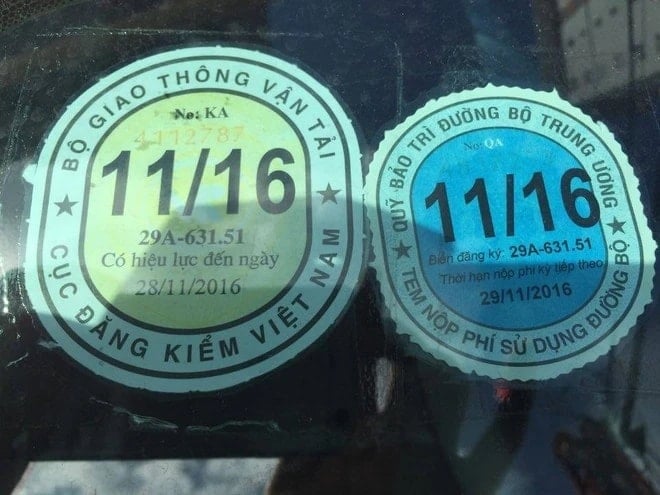






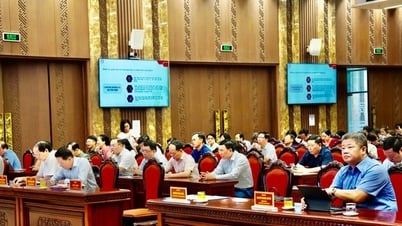

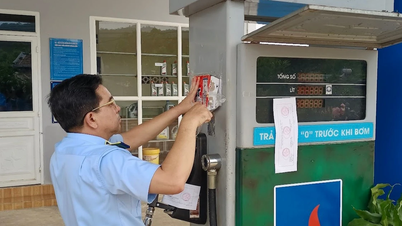




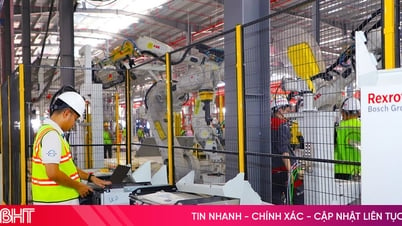

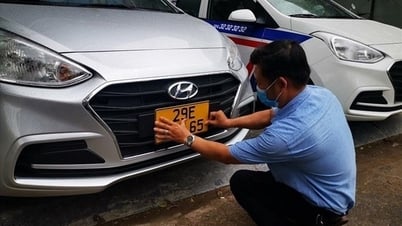
































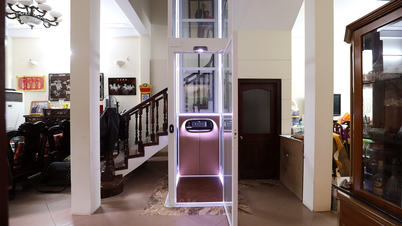




















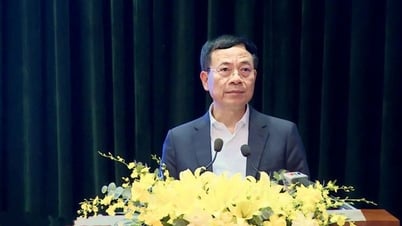











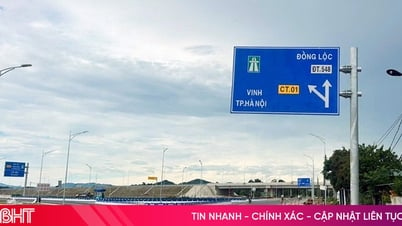













Comment (0)